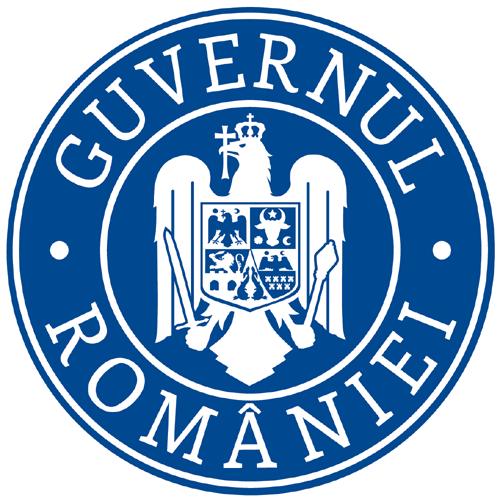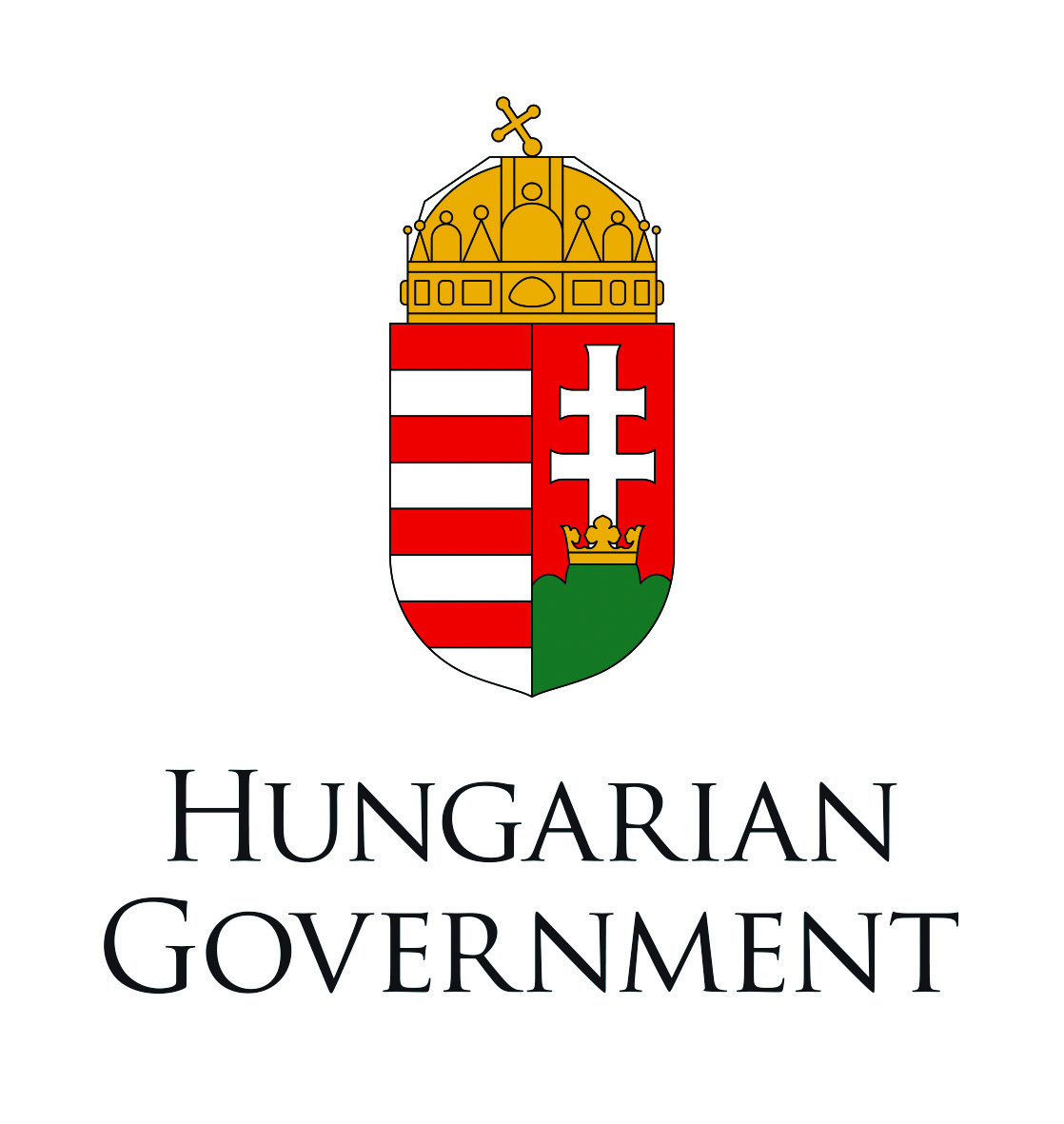The Interreg V-A Romania-Hungary Programme aims at financing joint Romanian – Hungarian projects, which address needs that lie on both sides of the border, and that require a common approach and innovative solutions, aiming at facilitating the integrated, sustainable development of the eligible area. The Programme comes as a continuation of cross-border cooperation programmes implemented previously in the region and disposes of a total budget of approx. 232 million EUR, out of which 189 million EUR represent non-refundable support from the European Regional Development Fund (ERDF). The eligible programme area comprises the counties of Arad, Bihor, Satu Mare and Timiş, on the Romanian side of the border and the counties of Békés, Csongrád, Hajdú-Bihar and Szabolcs-Szatmár-Bereg on the Hungarian side.
The Interreg V-A Romania-Hungary Programme carries on the financing of cross-border cooperation initiatives in the Romanian-Hungarian border area, with the support of European Union, through European Regional Development Fund, and with the contribution of the Governments of both Romania and Hungary. The Programme will be implemented during 2014–2020 programming period.
The Programme allocates nonrefundable funding, in a competitive manner, in the framework of public calls for proposals, for joint cross-border projects aimed at:
- Joint protection and efficient use of common values and resources (Cooperating on common values and resources) – 48.50 million EURO
- Improve sustainable cross-border mobility and remove bottlenecks (Cooperating on accessibility) – 34.99 millions EURO
- Improve employment and promote cross-border labour market (Cooperating on employment) – 55.07 millions EURO
- Improving health-care services (Cooperating on health-care and prevention) – 57.03 millions EURO
Improve risk-prevention and disaster management (Cooperating on risk prevention and disaster management) – 9.55 millions EURO - Promoting cross-border cooperation between institutions and citizens (Institutions and Communities cooperation) – 4.01 millions EURO
The overall budget of the Programme, national co-financing included, is of 232 million EURO. Out of this amount, approximately 189 million EURO represents allocation from the European Regional Development Fund (ERDF).The projects are financed from three sources:
- ERDF (European Regional Development Fund) (maximum 85%),
- National contribution from the Romanian state budget (maximum13%) / national contribution from the Hungarian state budget (10% or 15%, depending on beneficiary’s status),
- Romanian beneficiaries’ own contribution (minimum 2%) and/or Hungarian beneficiaries’ own contribution (0 or minimum 5%, as the case may be)
As a a cross-border cooperation Programme, Interreg V-A Romania-Hungary has the following characteristics:
Lead beneficiary principle
For each project in part, one of the institutions/organizations participating in the project will be nominated as Lead Beneficiary (LB), which will be responsible for project implementation. Each partnership has to be composed of at least two partners, one from each country participating in the Programme, institutions or organizations in the eligible area of the Programme.
Cooperation criteria
The Beneficiaries will cooperate to elaborate and implement the project. Furthermore, the may cooperate as the regards staff selection and/or project financing.
Cross-border character and impact
The operations implemented within the Programme’s framework must have a clear cross-border impact. These operations will be relevant for the cross-border area and will reflect the interest of both countries. The elaborated projects have to address commune needs of the eligible area and to solve issues, from the cross-border point of view.
ABOUT ROHU PROJECTS
The Interreg V-A Romania-Hungary Programme offers a wide range of financing opportunities, which will be granted directly to cross border projects, with the aim to facilitate the harmonious, cooperation-based integrated development of the border region, making it a more competitive and attractive area for living, business and tourism.
The main characteristics of a project to be funded by the Interreg V-A Romania-Hungary Programme are the following:
- Thematic focus in one of the six Programme priority axes
- Clear added value of the cross-border cooperation to solve a common challenge
- At least two project partners from the Programme area (one from Romania and one from Hungary
- Project results contribute to Programme indicators
- Project results are sustainable and live on after the project end
- Project partners are public bodies, NGOs, EGTC, subject to they have competences in the field they are applying for
The Interreg V-A Romania-Hungary program will be implemented during the 2014-2020 programming period, continuing the funding of cross-border cooperation in the Romanian-Hungarian border area through the European Regional Development Fund, with the support of the European Union and the governments of the two states.
The project “Connecting the Traditions of the Crisul Repede Valley” with the number ROHU 289 was launched under a joint initiative of Local Government of Körösszegapati in Hungary and Local Government of Vadu Crisului (in Romania). The total budget of the project is 79,999 Euro, of which Vadu Crisului as leader has 42,384 Euro and Local Government of Körösszegapati has 37,615 Euro. The main outputs of the project include:
– Cross border handcrafts camp;
– Cross border Ecumenical choir festival;
– Folk dance camp;
– Training camp;
– Celebration of the Salt Customs;
– Event Kun László Festival at Kőrösszegapáti.
Vadu Crișului has a total budget of EUR 42,384, of which EUR 36,026,4 is the ERDF contribution (85%) and the total budget of Körösszegapáti is EUR 37,615, of which EUR 31,972.75 is the ERDF contribution (85%).


